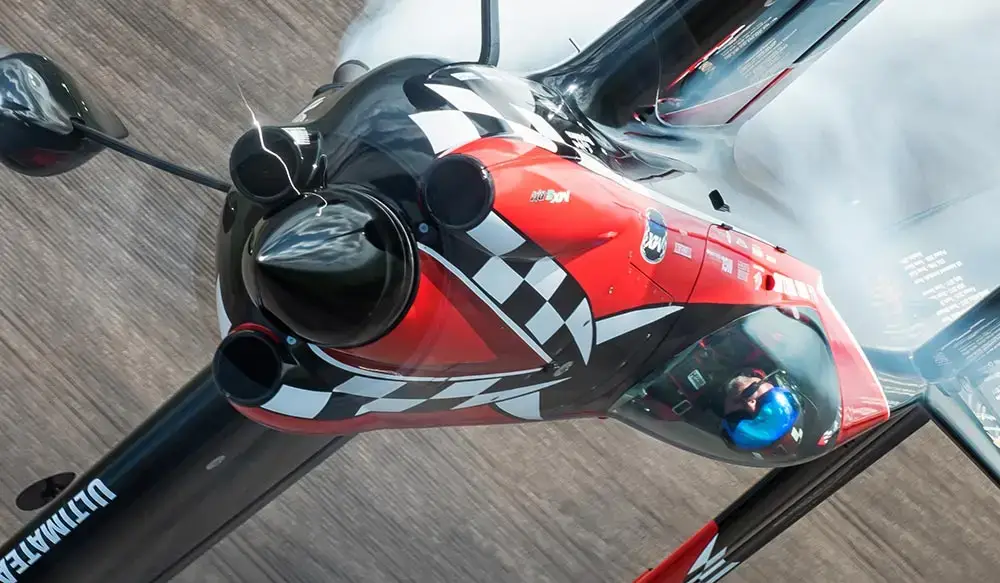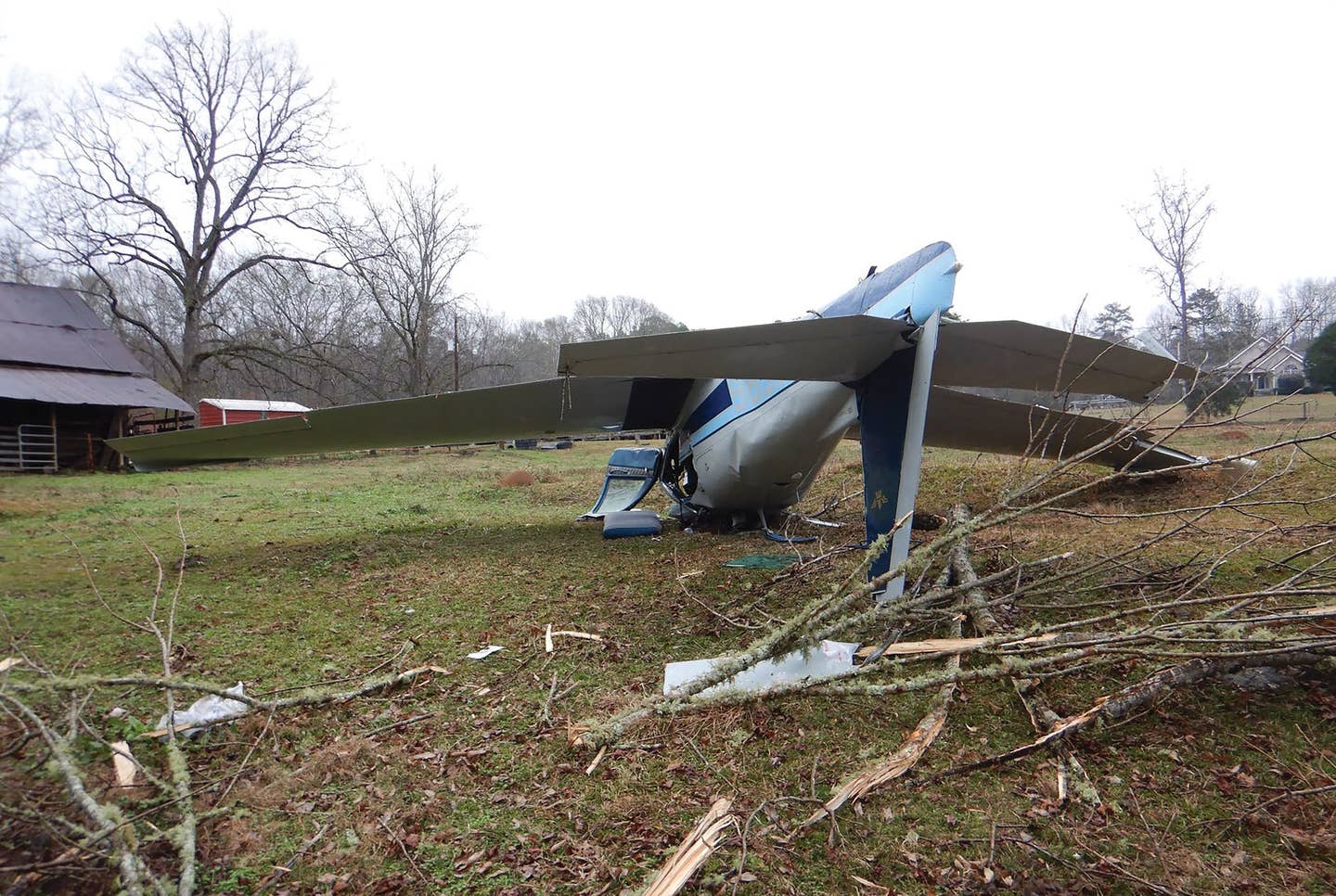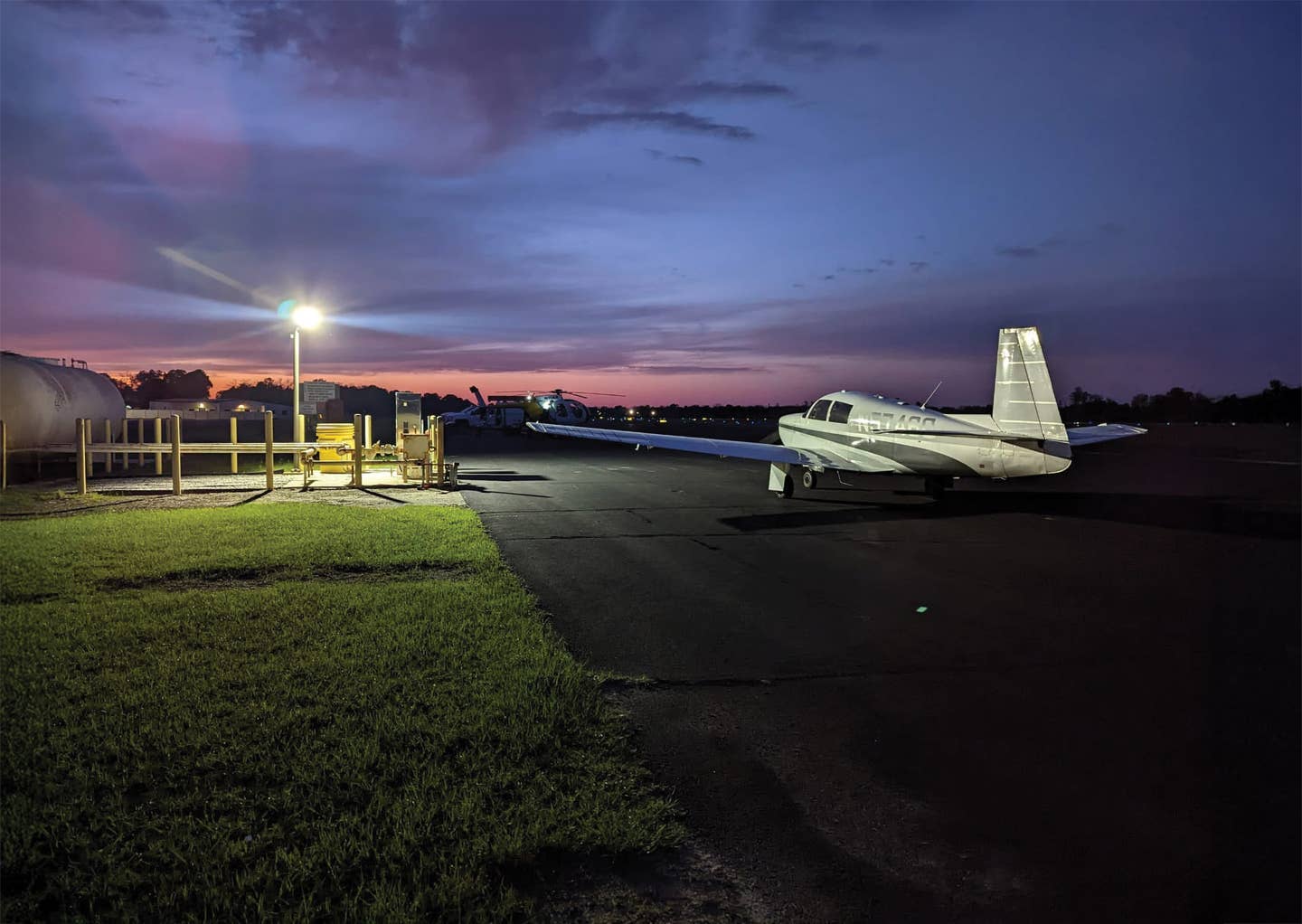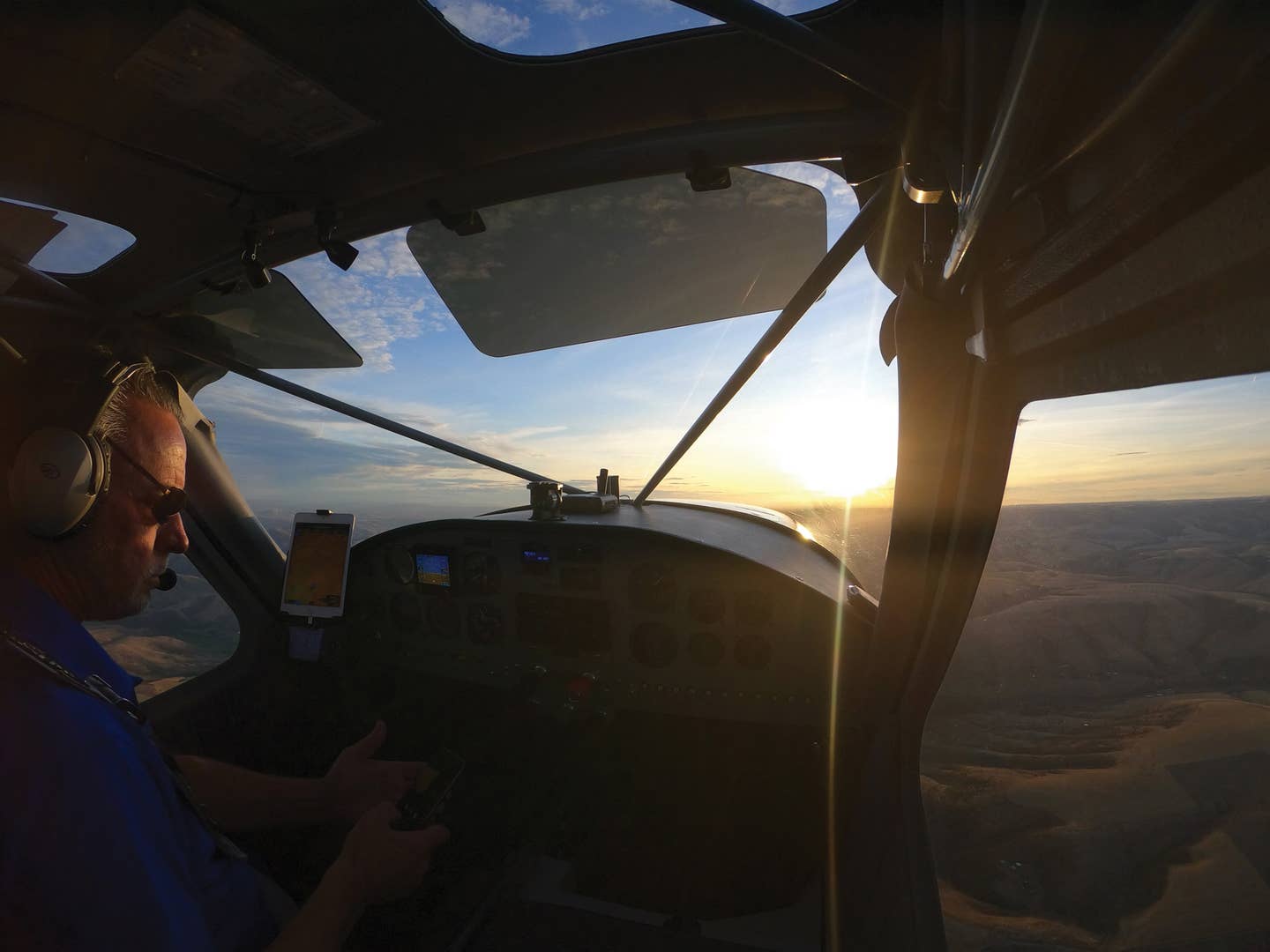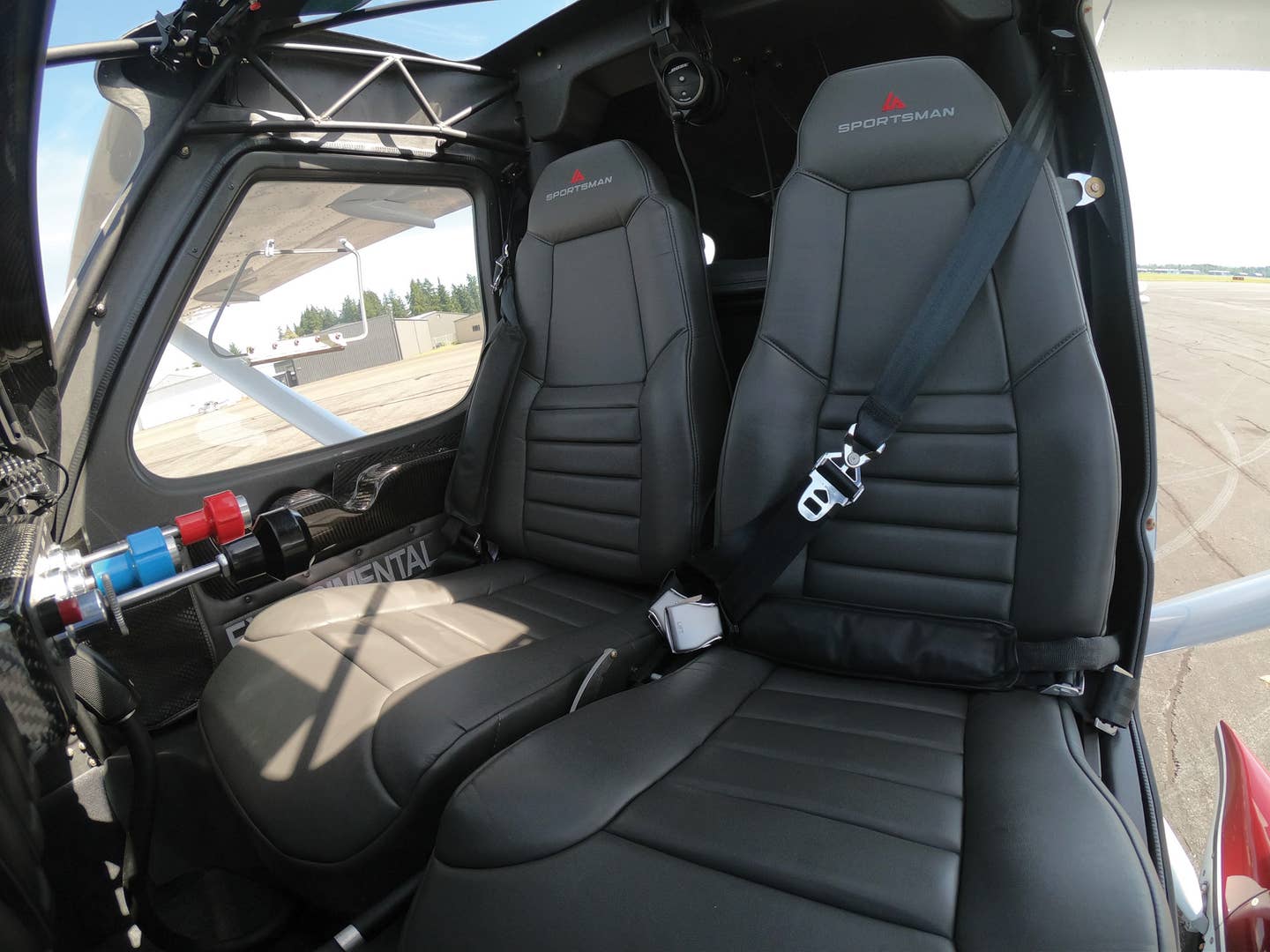Unlearning Decisiveness
We pilots pride ourselves in sticking to our guns. Perhaps to a fault.
Birds do it, bees do it, even educated fleas and wily pilots do it. We do it in the daytime and at nighttime, but the problem is, most of us resent doing it. We start out intending to go one place, and find ourselves faced with the decision to divert.
The DC-8 was on approach to Milan for a refueling stop on its routine cargo flight from Tehran to Amsterdam, when the pilots were advised that the Milan airport was zero/zero. They were instructed to proceed to Torino, their filed alternate. It was a simple diversion, only 100 miles away, but when they contacted Torino, they were advised that Torino was closed because so many diverted aircraft were parked on their taxiways.
"We burned our fuel to Milan; we burned our fuel to Torino. We had 30 minutes' fuel to find an alternate, request clearance, find it and land!on fumes in a DC-8," according to first officer Jean-Claude Demirdjian. He grabbed his chart and saw Nice below them. Demirdjian had spent vacations there as a child, and---in his words, "it called to me." They received their clearance and landed.
But that is just the beginning of the story.
Most pilots enter their cockpits with a mission, and most often that mission requires landing at a specific destination by a specific time, and diverting is often experienced as failure. Anything short of the passengers, pilot and cargo arriving at their intended destination is mission unaccomplished. Yet, as we all know, that mindset has been responsible for many unhappy endings.
What makes pilots so determined probably has something to do with the uniqueness of their personalities. Over the decades, research has shown that we tend to be calm and confident in the face of stress. Excitement-seeking and extraverted, pilots can also be somewhat more aggressive and prone to anger than others. We tend to be straightforward and honest, but also arrogant and hardheaded. Pilots are also cautious, disciplined, deliberate and goal-oriented.
Most of these characteristics combine to make pilots good at what they do, but every silver lining has a cloud around it. The very idea of being goal-oriented is generally accepted to be a good thing. Peter Drucker, the business-consulting guru, made his fame and fortune by promoting the notion of "management by objectives." His ideas about setting clear, measurable goals and narrowly adhering to them have permeated nearly every aspect of American life, including aviation. Yet Drucker's work has been criticized by those who say that the system is flawed; by over-emphasizing control, it leads to diminished creativity, which then ironically leads to a smaller likelihood of reaching one's larger goals. The combination of being goal-oriented and hard-headed can make the choice to divert difficult for some pilots. Add a pinch of arrogance and excitement-seeking, as well as having an important mission to accomplish, and it is easy to see why some pilots are reluctant to divert.
The DC-8 pilots weren't able to refuel that night, so they checked into a local hotel. Not long after, Jean-Claude heard noises and looked out his window to see Mardi Gras in full swing. Not likely to get sleep anyway, he decided to join the festivities. The next day he tried unsuccessfully to find the captain.
Pilots, of course, need to be in control, but by rigidly adhering to our goal to follow the magenta line and get where we are going in the least amount of time and fuel, we may lose what psychologists call flexibility. The fancy definition of psychological flexibility is "contacting the present moment fully and, based on what the situation affords, changing or persisting in the service of chosen values." In everyday language, this means holding our own thoughts and emotions a bit more lightly, and acting on longer-term values, such as staying alive, rather than the short-term goal of getting to the next waypoint.
It turns out that psychological flexibility is a good overall measure of mental health, correlating with lower levels of anxiety, depression and substance abuse and even reflecting one's ability to learn. The more one is able to "contact the moment," and then either change plans or persist based on the situation, the more emotionally healthy one becomes.
Flexible thinking doesn't mean wishy-washy or noncommittal thinking. It is really the opposite, in that a key component of flexible thinking is the ability to know when to hold ’em and when to fold ’em and commit to that decision until the situation changes. Think about flexibility as the opposite of rigidity. Rigidity keeps us adhering to a path not as a response to the current situation but in spite of it.
Psychological flexibility is a learned trait and is therefore amenable to modification. Whether we are flying an airplane or having a politically charged conversation, we can practice assessing each situation as it changes, not take our own stance so seriously, and consider other options.
We can practice psychological flexibility by learning to think about diversions differently. Jean-Claude, in relating the above story, told me he was trained to think of his actual destination as the alternate and plan to fly to the alternate, so if that airport is unavailable, he will get to go to his actual destination. It's simply a mental trick to enhance flexibility and our willingness to divert. Similarly, my instrument instructor thinks about landing as privilege. Each approach should end in a go-around, he says, unless things are just right, and only then have you earned the privilege of landing. In that sense, we practice rejection and practice not thinking of rejection as rejection at all.
After some investigating, Jean-Claude discovered the captain had landed in the hospital, injuring himself, it seems, after imbibing too much alcohol the night before. When Demirdjian visited the hospital, the captain revealed that he had fallen in love with his attending physician, and vice-versa. Only two pilots and one physician, it seems, ever did know why all that cargo ended up arriving so late.
Undoubtedly, most diversions will not end up the way Jean-Claude's adventure in France did. The likelihood of meeting your soulmate in the pilot's lounge of a remote, fusty FBO while waiting for the weather to clear is pretty slim. It might, however, grant you the opportunity of living just long enough to do so on another day.
Ira Heilveil is a clinical psychologist and private pilot. He's Assistant Clinical Professor of Psychiatry at Geffen UCLA Medical School, and he writes an aviation psychology blog at cftblog.com.
Interested in learning more about pilot psychology? Visit The Human Factor archives.

Subscribe to Our Newsletter
Get the latest Plane & Pilot Magazine stories delivered directly to your inbox


